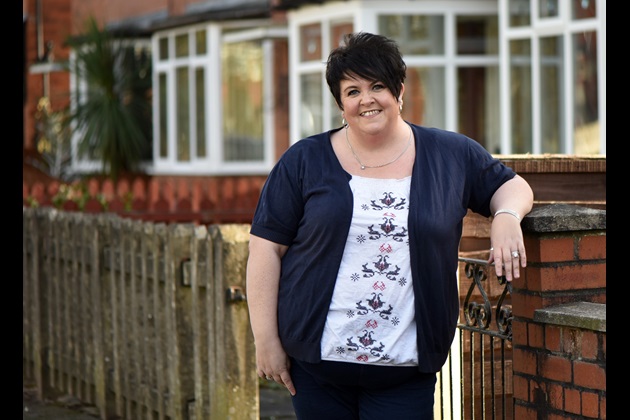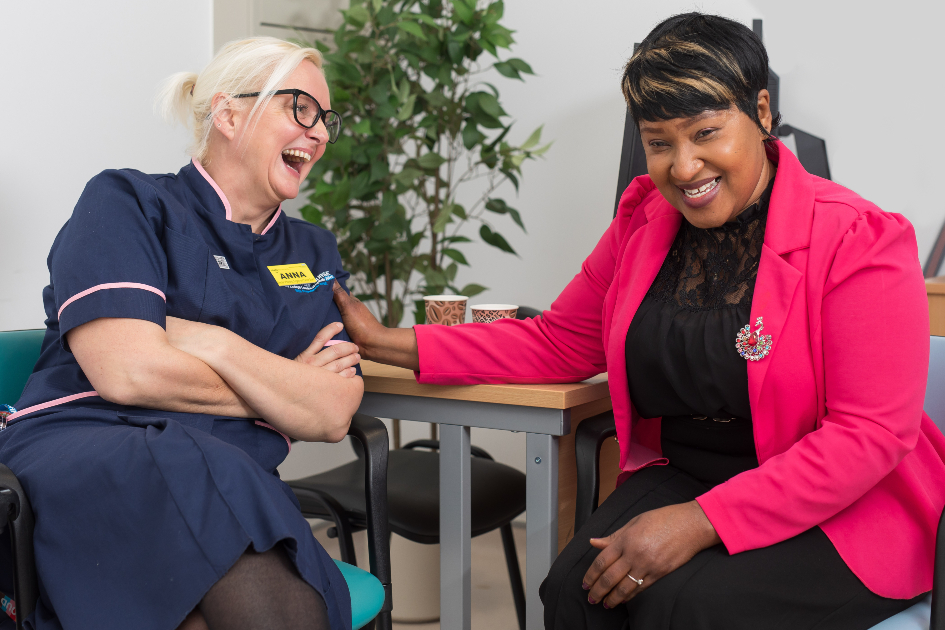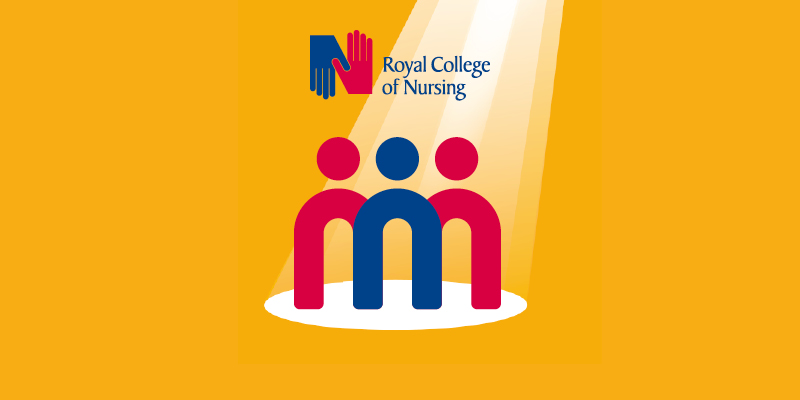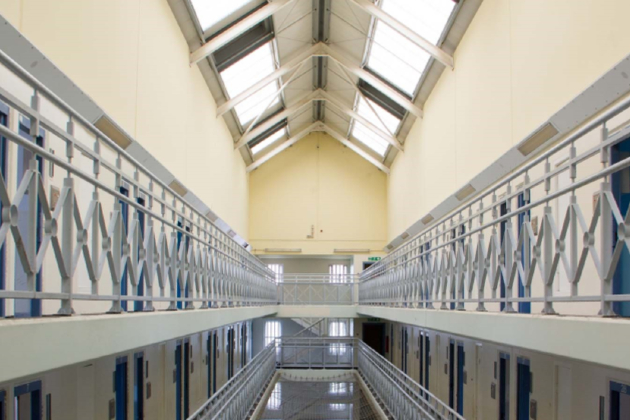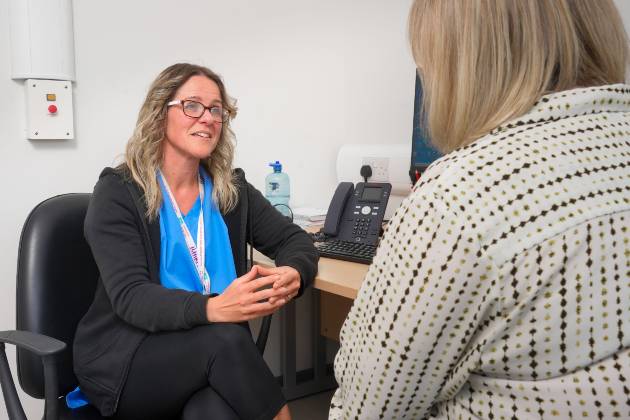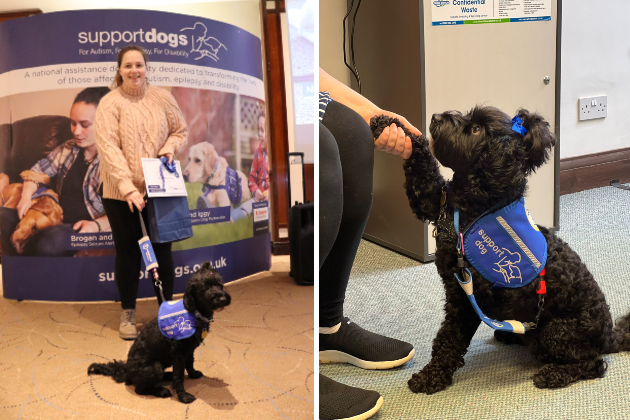Lisa Dodd reflects on the difference personalised nursing can make, after working in a role in end of life care set up in response to the COVID-19 pandemic
Even in these most challenging of times, Lisa believes we must make it possible for patients to have a good death.
Currently working as a health care assistant in the NHS Nightingale North West, she’s recently worked in a role where her priority was to ensure people did not die alone, working as a “cygnet” in the palliative and bereavement care team in North Manchester General Hospital.
It was a role introduced in direct response to COVID-19 and the increase in patients dying in the hospital at a time when visitors weren’t allowed.
“It’s an unusual job title but the reasoning behind it is simple,” Lisa says. “We follow the SWAN (sign, words, actions, needs) model of care. The cygnet and the swan are inexorably linked.
"I was there to support patients, and their families, in their last days and hours of their lives. My focus was always on the patient and their family,” she adds.
'We provided the human touch'
The nursing role sought to bring humanity back to patients, just as COVID-19 seemed to be taking so much away, with staff talking, laughing, crying, and even singing with patients.
Lisa says: “We provided the human touch. I got to know my patients’ individual needs and preferences. Music is important to ask about as we know that hearing can be one of the last things to go, so if listening to their favourite music brings comfort, we could arrange this. Flavours and tastes are important too as I could incorporate these considerations into their mouth care.”
I got to know my patients’ individual needs and preferences
Lisa says she was given the freedom to think outside the box to ensure that the personal care, which can make such a difference, happened – however busy everyone was.
“If a patient was usually clean shaven, I could shave them – and all the better if I could play their favourite music while I was doing this.”
She adds: “One family member told me she’d ‘love dad to be able to have a pint’. His favourite beer was John Smiths, so we got a thimbleful and gave him a taste. He hadn’t reacted to anything before that, but he reacted verbally to the taste of his favourite beer, which I hope brought comfort to him and his family.”
Making memories
Necessary safety policies introduced during the pandemic made developing relationships with relatives more challenging.
“There was little or no face-to-face contact – my patients were only allowed one person visiting them for one hour a day – so it was important that our communication was supportive but clear.
"A distressed relative will often only pick up odd words and soundbites. If we needed to tell them their relative had died, there was no room for misunderstanding. We needed to be careful not to use euphemisms like ‘they’ve passed’.”
FaceTime calls for patients became commonplace, but by facilitating these for patients and their families, when it was the last chance for personal contact, they took on heighted importance.
There were times when it was extremely difficult
But this was just one of the ways Lisa and others in the cygnet team connected patients with their loved ones. “We were trained to take hand and kiss (lipstick) prints, and we put fingerprints in keyrings too. Small woollen hearts were given as a token to patients; these stayed with them after they’d died, with duplicates given to relatives and loved ones as precious keepsakes.”
Looking after ourselves
Lisa says the job gave her the chance to truly care for people when they needed it most, however, the emotional impact of this kind of work can’t be underestimated.
“I always tried to remain professional, but I am human and there were times when it was extremely difficult,” she says. “As a team we were there for each other and we were all encouraged to use the breakout area for a cup of tea and a chance to gather our thoughts when that was needed. But for me it would always come back to one thing. It was about my patients and their families. It was all about them. It was their story, not mine.”.
Find out more
The RCN has a free online learning programme for nursing staff new to end of life care.


